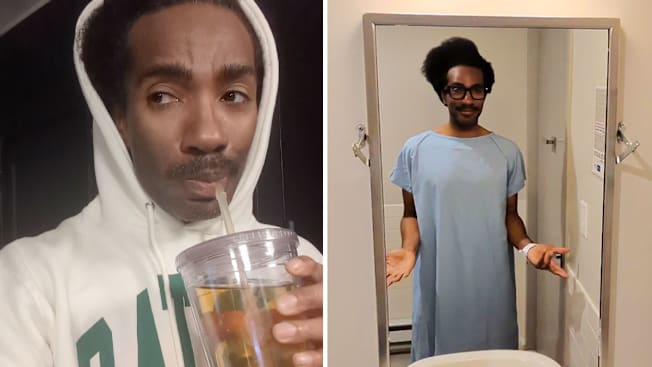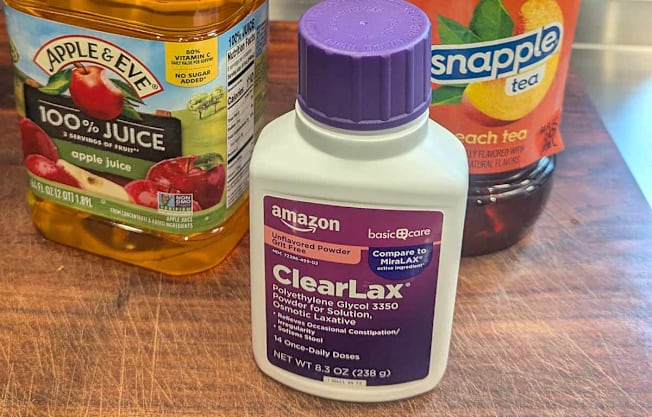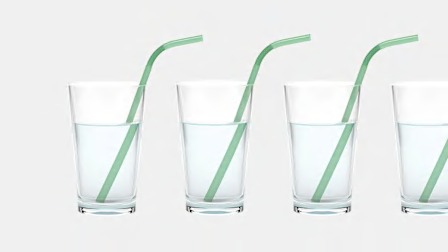Colonoscopy Prep on the Cheap
Early detection can significantly reduce deaths from colorectal cancer. More good news: Our reporter figured out how to prep for his screening without spending $85 on a laxative.

One thing about me: I’m gonna ask for a discount.
While I won’t haggle with local, independent vendors who are putting in the work on their entrepreneurial dreams, I have no qualms about big deals at big box and department stores and discount chains. At such places, in the spirit of “you have not because you ask not,” I routinely lobby for a “good guy discount.”
Recently at the CVS, when presented with the prospect of an $85 copay for Plenvu, a laxative prescribed by my gastroenterologist ahead of an upcoming colonoscopy, I balked. Why, I asked the pharmacist, was the copay for a laxative more expensive than what I was spending on the colonoscopy itself? He informed me that “some of these medications cost thousands of dollars.”

Photo: Consumer Reports Photo: Consumer Reports
I was skeptical at first: A friend of mine recently spent a day choking down an entire container of goopy prep liquid that made them gag, only to have their colonoscopy aborted because their colon wasn’t clear enough to proceed. I’d already cut the price of my prep in half. Was additional savings worth the risk?
The savings can actually be significant. Both products are widely available in stores as well as online, which is where I got them. Walgreens brand bisacodyl costs $3.99 for 10 tablets, and ClearLax, the Amazon Basic Care version of MiraLax, is $7.66 for 8.3 ounces. Grand total: $11.65—a $73.35 savings off the original quote.
In the end, my desire to save money outweighed my concerns. So at 4 p.m. the day before my colonoscopy, I downed two bisacodyl tablets with 8 ounces of water and 32 ounces of ClearLax-laced clear liquid—I chose apple juice—followed by more of the same at 10 p.m. The hour I spent in the restroom was proof positive that this OTC method was valid. My doctor second-opinioned that after my procedure the next morning.
“It’s not about one option being universally better, but rather about tailoring the choice to the patient’s health status, anatomy, and likelihood of adherence,” says Ugonna Iroku, MD, an assistant clinical professor at Mount Sinai Hospital in New York City and the gastroenterologist who performed my colonoscopy. “Ultimately, the best prep is the one a person has access to and will take.”
Colorectal screening saves lives—and if you can save money while doing it, it’s even better.




